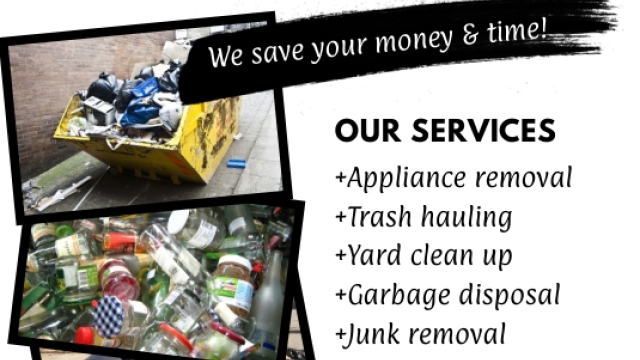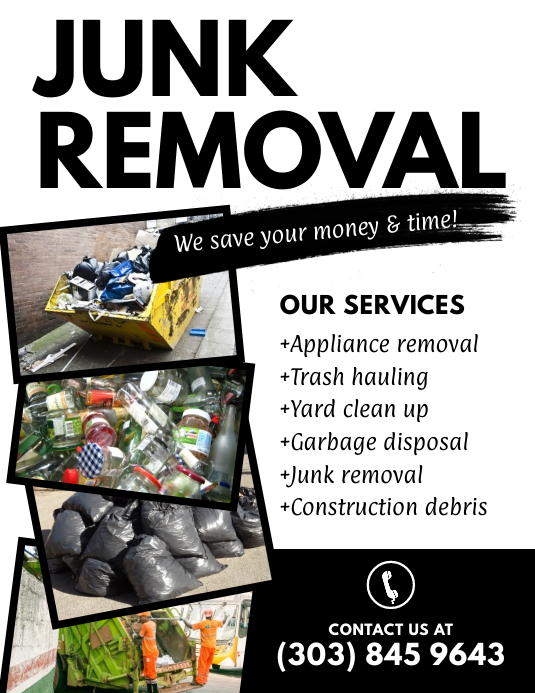
Accidents can have a profound impact on individuals and their families, leading to physical injuries, emotional distress, and financial burdens. To assist those who have experienced such events, accident recovery programs play a crucial role. These programs are designed to provide comprehensive support, helping accident victims navigate the challenging journey toward recovery. In this article, we will explore the various types of support offered by these programs and provide guidance on how to choose the right one for individual needs.
Overview of Accident Recovery Programs
Accident recovery programs encompass a range of services aimed at helping individuals recover from the aftermath of accidents. These programs are not limited to physical rehabilitation; they also address emotional and financial aspects of recovery. The goal is to provide a holistic approach that empowers accident victims to regain their independence and improve their quality of life. By combining medical care, emotional support, and practical assistance, these programs help individuals rebuild their lives after experiencing trauma.
Types of Support Offered in Recovery Programs
Accident recovery programs typically offer a variety of support services tailored to the unique needs of each individual. Here are some key types of support that these programs may provide:
Physical Rehabilitation
One of the most critical components of recovery programs is physical rehabilitation. This may include physical therapy, occupational therapy, and other specialized services aimed at helping individuals regain strength, mobility, and functionality. Physical rehabilitation is essential for addressing injuries sustained during the accident and facilitating a return to daily activities.
Emotional Support
Recovering from an accident can take a significant emotional toll. Many recovery programs offer counseling services to help individuals cope with feelings of anxiety, depression, or trauma. Support groups may also be available, providing a space for accident victims to share their experiences and connect with others who understand their struggles. Emotional support is vital in fostering resilience and promoting mental well-being during the recovery process.
Financial Assistance
Accidents can lead to unexpected financial challenges, including medical expenses and loss of income. Some accident recovery programs provide financial assistance or guidance on navigating insurance claims and legal matters. This support can alleviate some of the stress associated with financial burdens, allowing individuals to focus more on their recovery.
To illustrate the impact of accident recovery programs, consider the story of Jane, a young woman who was involved in a serious car accident. Jane received comprehensive support through an accident recovery program that included physical therapy, counseling sessions, and financial advice. With the help of dedicated professionals, she was able to regain her mobility and manage her emotional health effectively. Jane’s experience highlights the importance of these programs in facilitating recovery and improving overall well-being.
How to Choose the Right Accident Recovery Program
Selecting the most suitable accident recovery program is a crucial step in the healing process. Here are some practical tips to consider when making this decision:
Assess Individual Needs
Every recovery journey is unique, and it is essential to evaluate personal needs and preferences. Consider the type and severity of injuries, emotional health, and any specific support required. Understanding these factors will help narrow down the options and identify programs that align with individual goals.
Research Available Programs
Take the time to research various accident recovery programs in your area. Look for programs that offer a comprehensive range of services, including physical rehabilitation, emotional support, and financial assistance. Reading reviews and testimonials can provide valuable insights into the experiences of others who have participated in these programs.
Consult Professionals
Consulting with healthcare providers, therapists, or legal professionals can provide additional guidance on selecting an appropriate program. These experts can recommend programs based on their experience and knowledge of available resources. For instance, legal experts may also help you understand any legal rights or options related to recovery from an accident.
In summary, accident recovery programs offer essential support to individuals navigating the aftermath of accidents. By providing a combination of physical rehabilitation, emotional support, and financial assistance, these programs play a vital role in helping accident victims on their journey to recovery. Choosing the right program involves assessing personal needs, researching available options, and seeking professional advice. For more detailed information on how to navigate the complexities of recovery after an accident, consider visiting Deldar Legal.


















